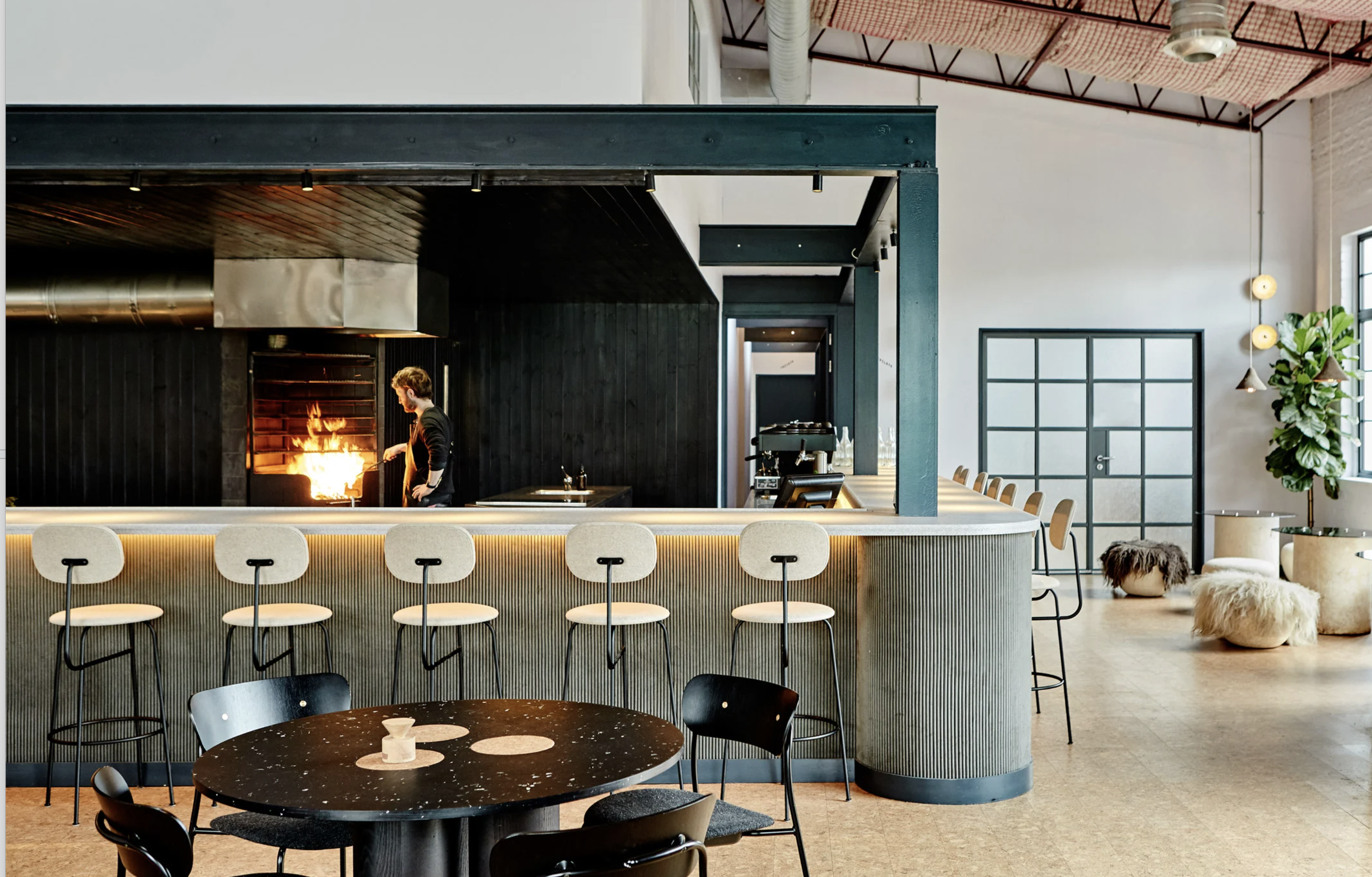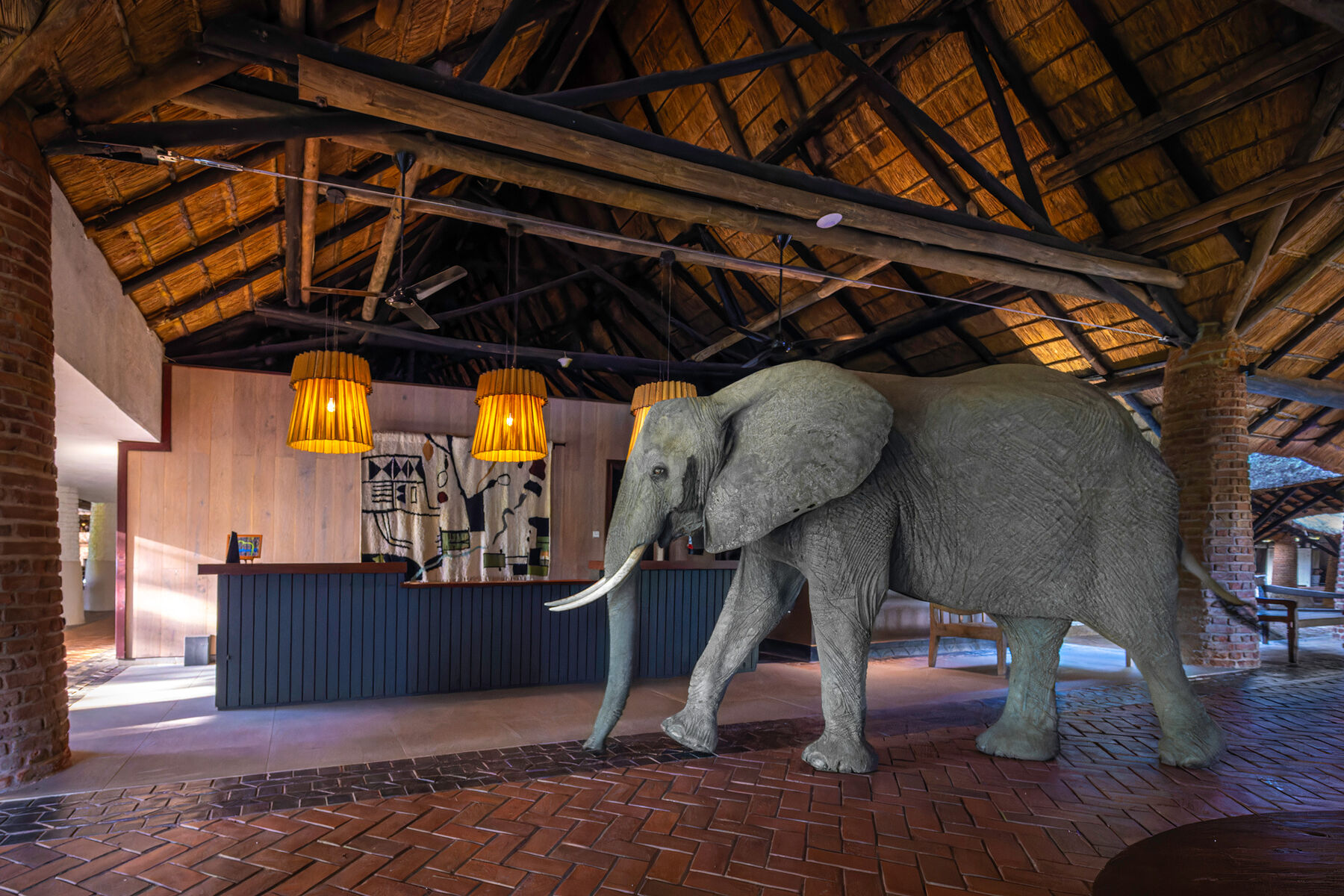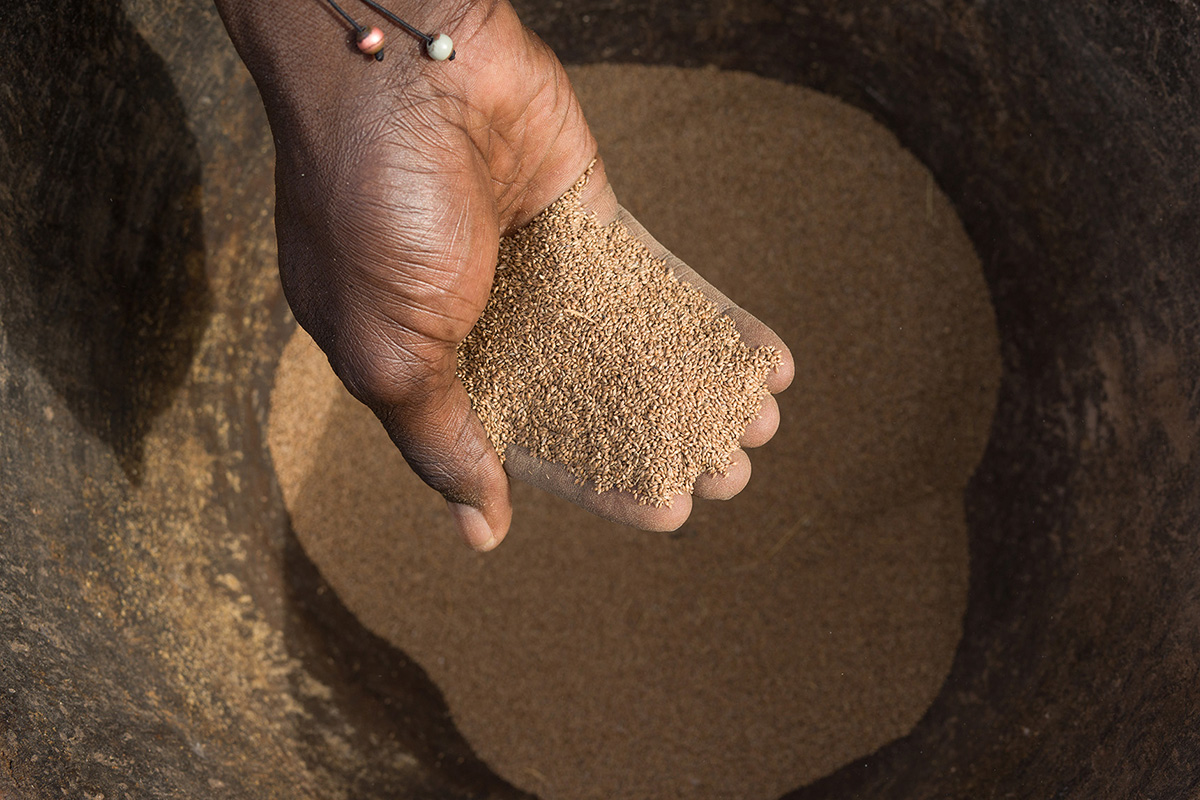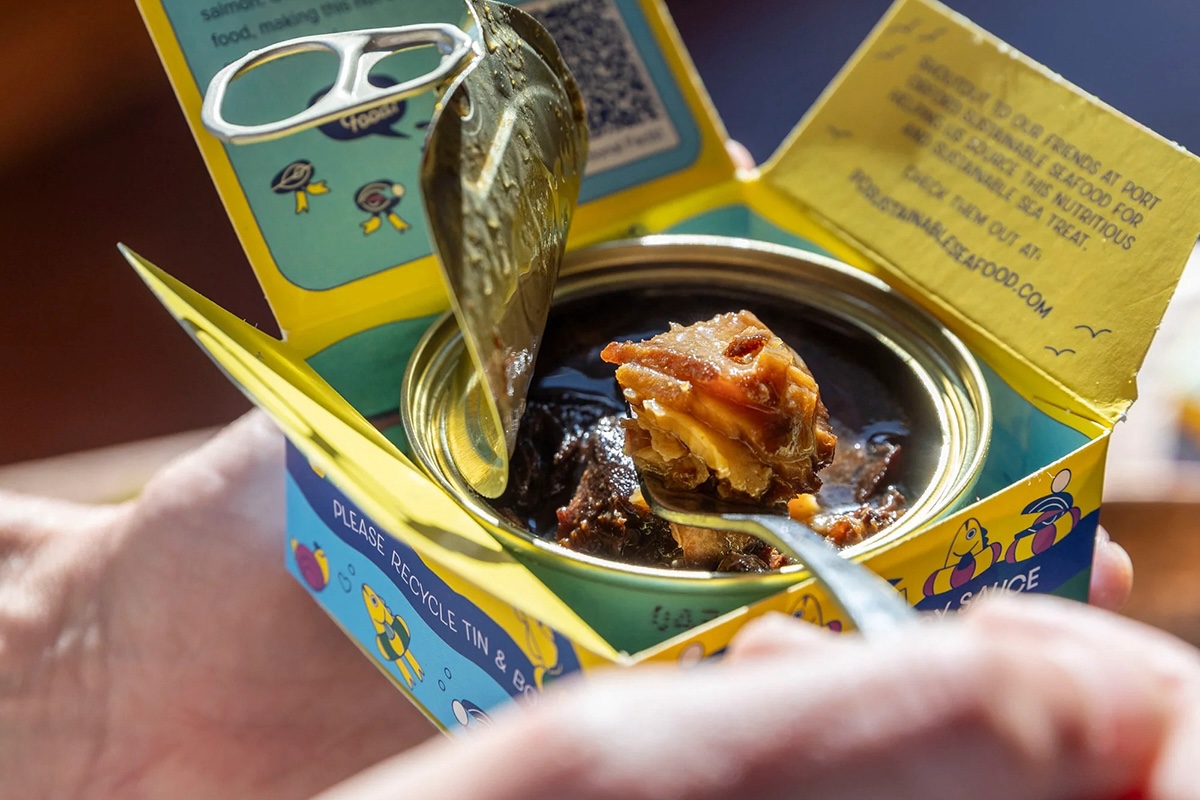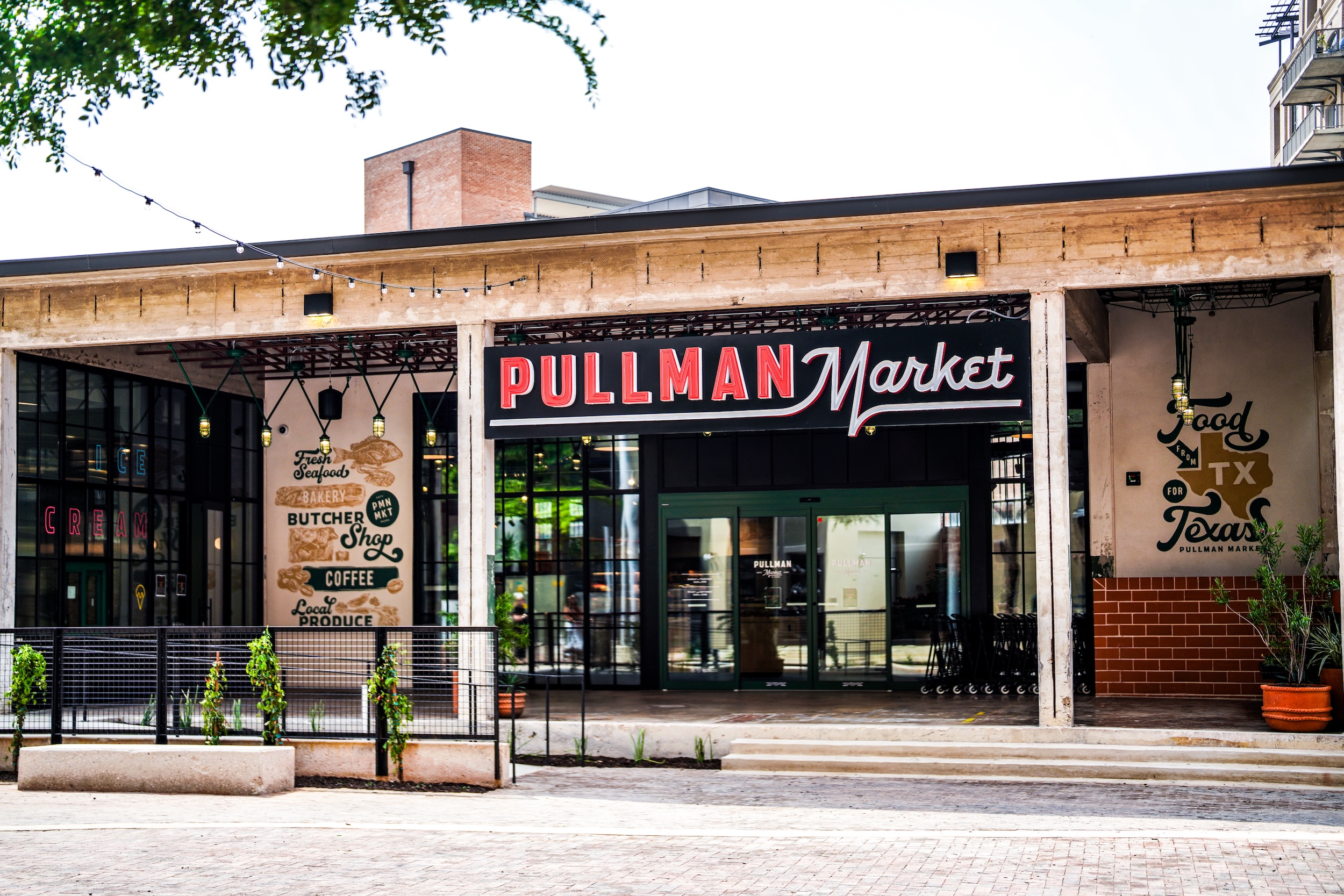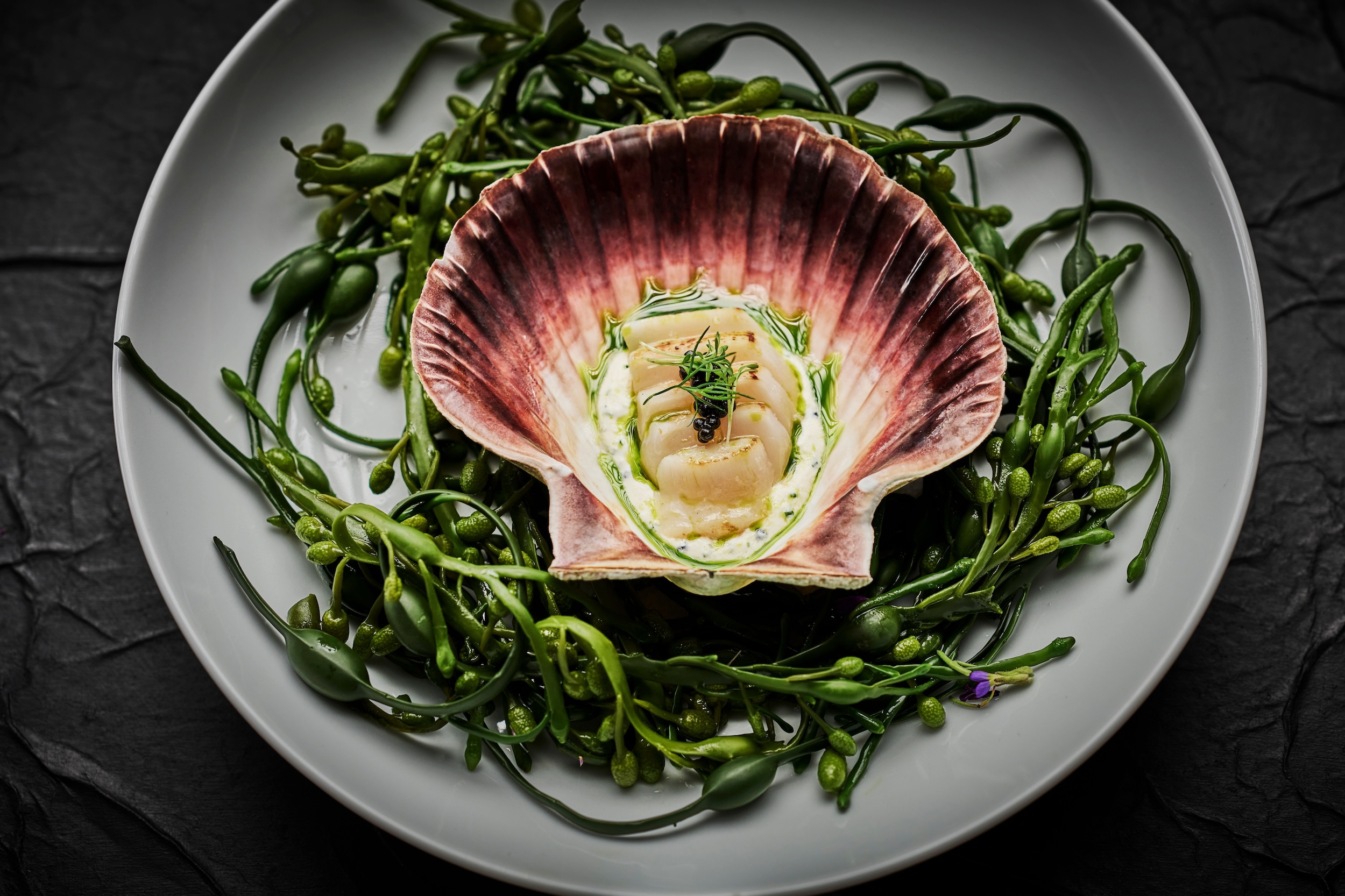NORTH STARS:
Waste Management
Production & Consumption
Carbon Footprint
“There is no such thing as ‘cheap’ food – it’s only costing the environment and your own health.”
Launched in 2014, Silo billed itself as the world’s first zero-waste restaurant. Since then, a number of restaurants at every price point, from cafes, wine bars to Michelin-starred operations, have taken the plunge into the complex, tedious, and frustrating world of low- to zero-waste management and cooking.
In the world of fine dining, where taste and presentation often take center stage, Chef Doug McMaster has been quietly revolutionizing the way we think about food. His restaurant, Silo, which opened its doors in 2014, is not just a place for artful dishes but a testament to the ability to “green” fine dining through sustainable practices and a zero-waste philosophy.
What is Zero Waste
Zero-waste is the principle of minimizing waste production as much as possible, then composting, reusing, or recycling any other trash generated. Yet zero-waste isn’t a new concept. Societies long before the modern era ate what communities caught or grew and made use of every part of an animal—what we call nose-to-tail cooking today—in addition to using skin or fur for clothing and even a bladder for drinking vessels.
The roots of food waste trace back to three key eras. During the Industrial Revolution, urbanization and a rising middle class led to the prioritization of select meat cuts, leaving less desirable parts unused. The 20th century brought consumer culture, favoring visually appealing produce and meats, resulting in the discard of perfectly edible but aesthetically imperfect food. Post-World War II prosperity led to overbuying and household waste, with Americans discarding 92 billion pounds of food annually. This waste extends beyond food to packaging materials, posing challenges for sustainability in the restaurant industry.
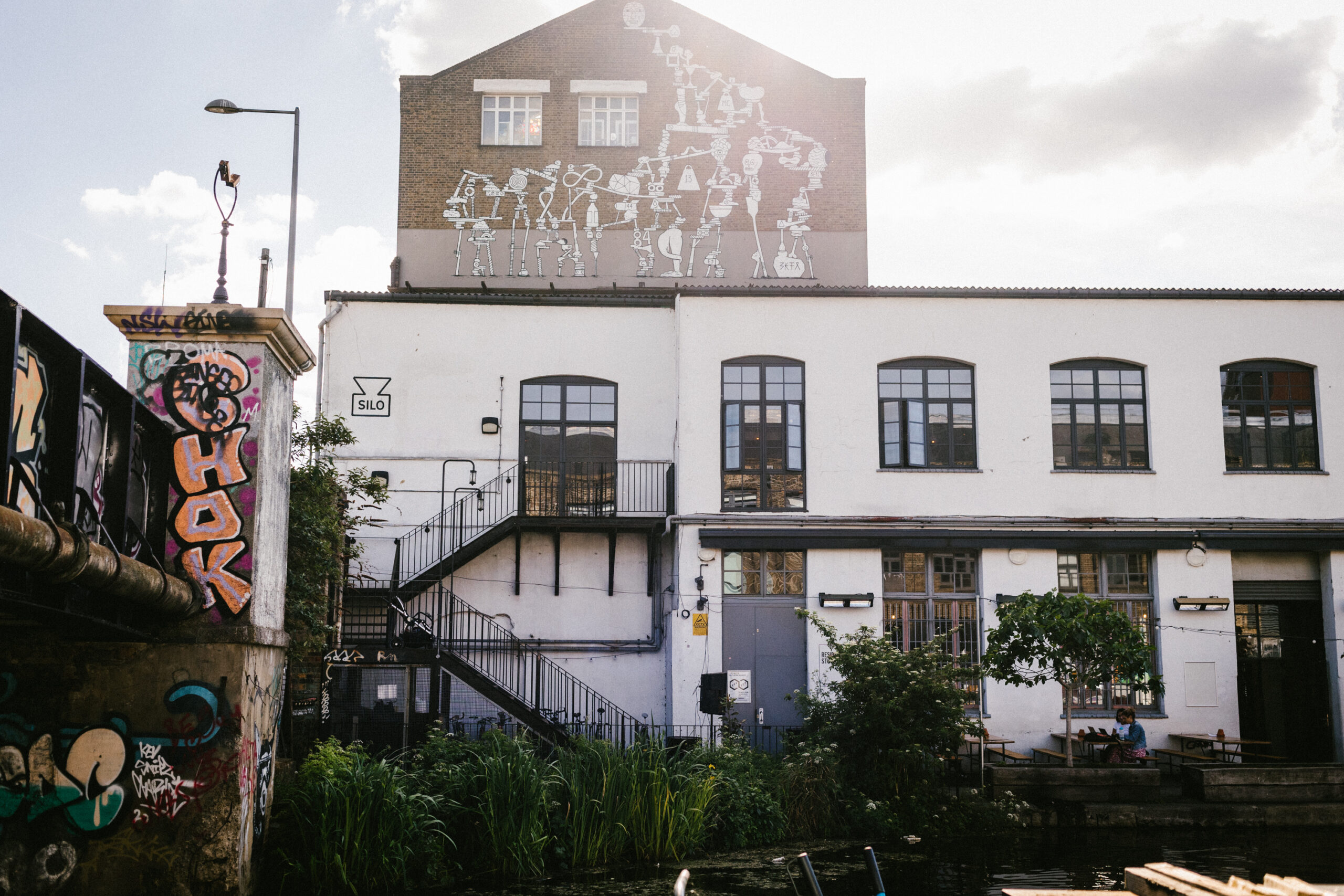
Exterior of Silo. Courtesy of Silo.
A Chance Meeting, a Pivotal Moment
McMaster’s journey into sustainability was not a conventional one. “I didn’t know what sustainability meant – there was no education in school, or in any kitchens I’d work in,” he admits.
“I remember the film ‘The Inconvenient Truth’ by Al Gore coming out, but it didn’t get the traction it deserved. At the time, I was working in fine dining restaurants, some of the world’s best, but I felt unfulfilled,” says McMaster.
It was a chance encounter with Joost Bakker, a florist-turned-zero-waste-activist, that sparked McMaster’s interest in environmentalism. Bakker’s unconventional approach and creative genius inspired McMaster to challenge the norms of the culinary world.
“He’s wildly creative, such an exciting character. I found the concept of not having a bin so exciting and profound, that I subsequently started understanding the environment and the damage we’re inflicting on the planet,” says McMaster.
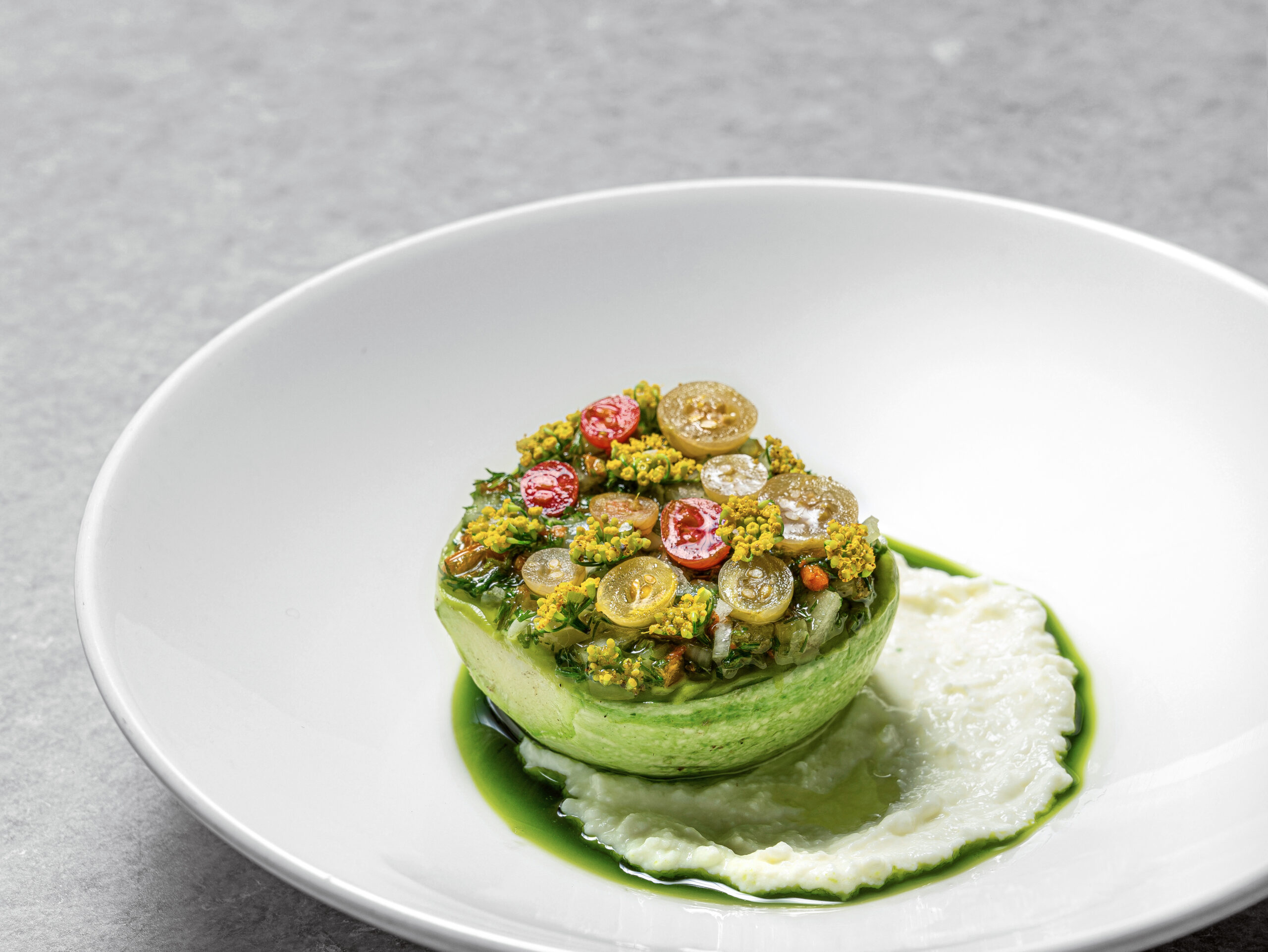
Beautiful, inventive, conscientious cuisine. Courtesy of Silo.
Using Invasive Species and Upcycled Scraps
At Silo, McMaster’s zero-waste philosophy is evident in every aspect of the operation. From using locally sourced, seasonal produce to practicing nose-to-tail butchery, milling flour, hand-churning butter, and fermenting or pickling leftover ingredients, every step is a deliberate effort to minimize waste. McMaster is particularly passionate about reducing plastic in the kitchen. “Although plastic isn’t the main thing we try to eradicate at Silo, it’s a significant part of it,” he notes, highlighting the importance of addressing all aspects of waste management.
One of McMaster’s innovative dishes at Silo is his recipe for Japanese Knotweed, an invasive species. “It’s a product that no one else is eating and it’s helping the environment by consuming it instead of letting it spread,” McMaster explains.
Another upcycled creation at Silo is the Siloaf ice cream sandwich. The dish uses surplus cuts from the Silo bread and butter course, ensuring that every part of the ingredient is utilized. The bread is left to soak in water for two days until it ferments into a Marmite-like substance, adding depth of flavor to the dish. The buttermilk, a by-product of Silo’s home-churned butter, is caramelized into a Dulce de leche ice cream, creating a complex blend of textures and flavors.
When it comes to beverages at Silo, McMaster tries to extend the same approach he takes in the kitchen. “Where possible, we make use of the seasonal ingredients on our menu in the bar,” he explains. This includes utilizing apple pulp from juicing, pumpkin skins, and coffee grounds in creative ways.
Though wine comes with a glass waste and carbon footprint, Silo still features it in its drinks program. “We’ve found several ways of upcycling packaging from wine and other drinks on our menu,” McMaster elaborates. Wine bottles are repurposed into ‘glass ceramics’ that adorn the walls and tables of the restaurant, adding a unique touch to the dining experience. Additionally, efforts are underway to transform wine corks and champagne cages into new functional items.
Several other drinks that Silo doesn’t produce in-house, come in kegs, reducing lots of packaging waste, he notes. Silo also has collaborations with suppliers like Vault Aperitivo, who offer refill cans for their vermouths and spirits.
Despite initial challenges with consumers and misunderstandings about his vision, McMaster has earned recognition for his work, including a Michelin Guide Green Star for Sustainability.
“The world is oversaturated with information,” McMaster observes, reflecting on the shift in public awareness that finally came about, especially with his guests, after the documentary Blue Planet came out.
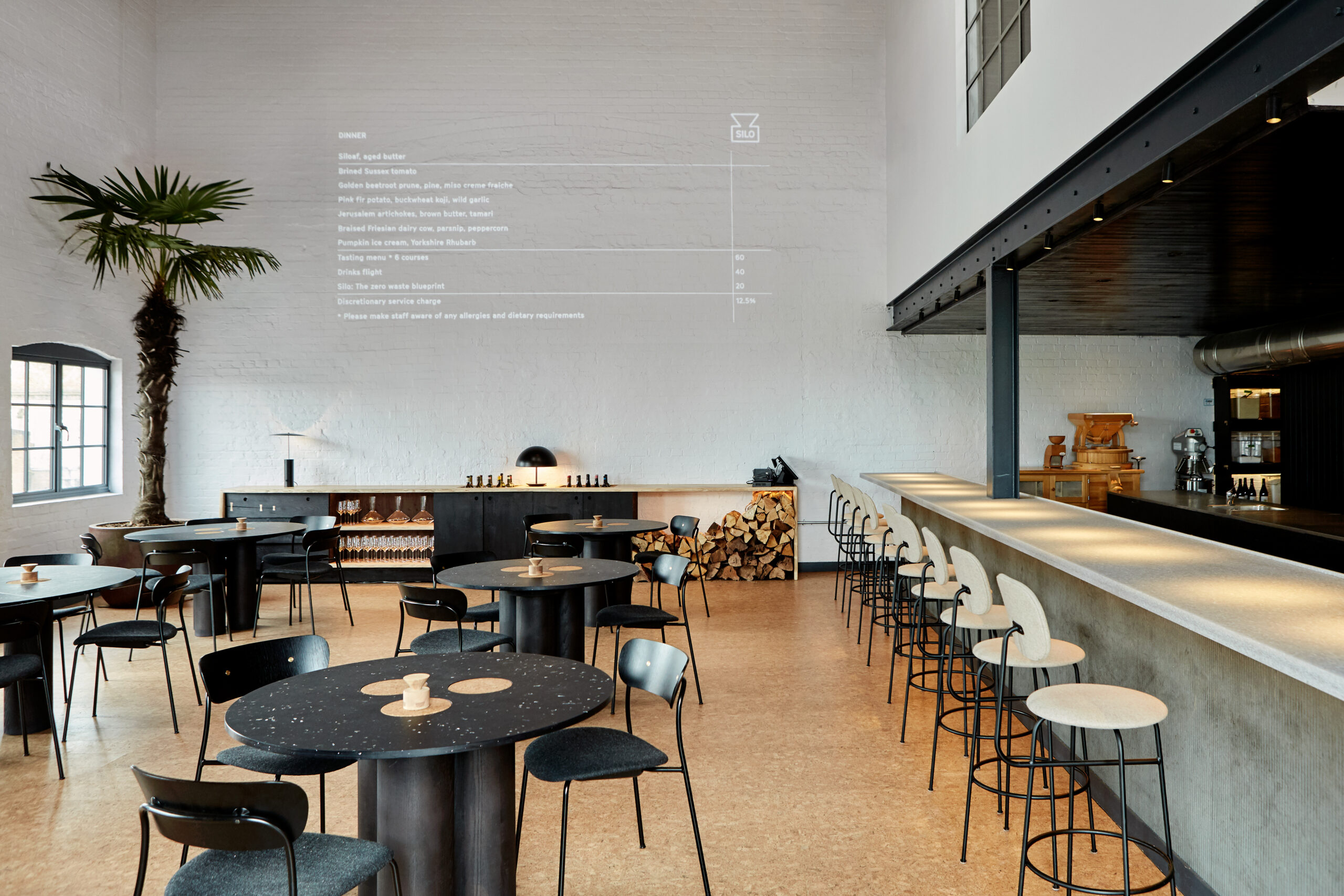
Silo's dining room. Courtesy of Silo.
Pay Now or Pay Later: The True Cost of Food
However, despite growing awareness about waste by consumers, governments, and the hospitality industry, McMaster acknowledges that progress remains slow, citing the significant costs and sacrifices involved in adopting truly sustainable practices.
“Although there is progress, it’s been considerably slow, and I understand why,” he reflects. McMaster acknowledges the immense pressure and sacrifices involved in maintaining a truly sustainable kitchen, noting that it can be a thankless task at times. He also highlights the lack of widespread appreciation for sustainability in the culinary world, where customers often prioritize luxury ingredients and aesthetics over the environmental impact of their food choices.
When asked about the economics of running a zero-waste kitchen, McMaster offers a sobering perspective. “The true cost of food – it’s expensive from a monetary point of view,” he explains. McMaster uses a beans-on-toast analogy to illustrate the concept. “If I’m buying beans from a regenerative farm, making bread from scratch, churning the butter, of course it’s going to cost more,” he says. McMaster emphasizes that choosing sustainable practices may incur higher costs upfront, but it ultimately benefits the environment and health of people and the planet in the long run.
“There is no such thing as ‘cheap’ food – it’s only costing the environment and your own health. The idea that organic farming is more expensive than industrial farming is a fallacy. An industrial farm is growing in this huge monoculture and producing produce for cheap, but that has a cost to the environment. There’ll be no nutrients in the soil for the future, so it’s cheaper in the short term and more expensive in the long. We’ll be spending trillions of pounds in the future trying to fix the problem,” he says.
Moreover, government regulations have made it challenging to “do the right thing, as it’s not going to increase revenue,” he laments. These hurdles and economic constraints pose significant barriers to restaurants aiming to adopt more sustainable practices, creating a challenging landscape for meaningful change.
When pondering the future of the planet and humanity, McMaster’s outlook is concurrently pessimistic and hopeful. “I think that in the future, we’re about to fall, but I really believe from it will rise something better,” he muses. McMaster draws parallels with nature’s resilience, noting that after every extinction event, life regenerates stronger. I’m unsure at this stage what the collapse will look like, but we will learn from it, for sure,” he says.
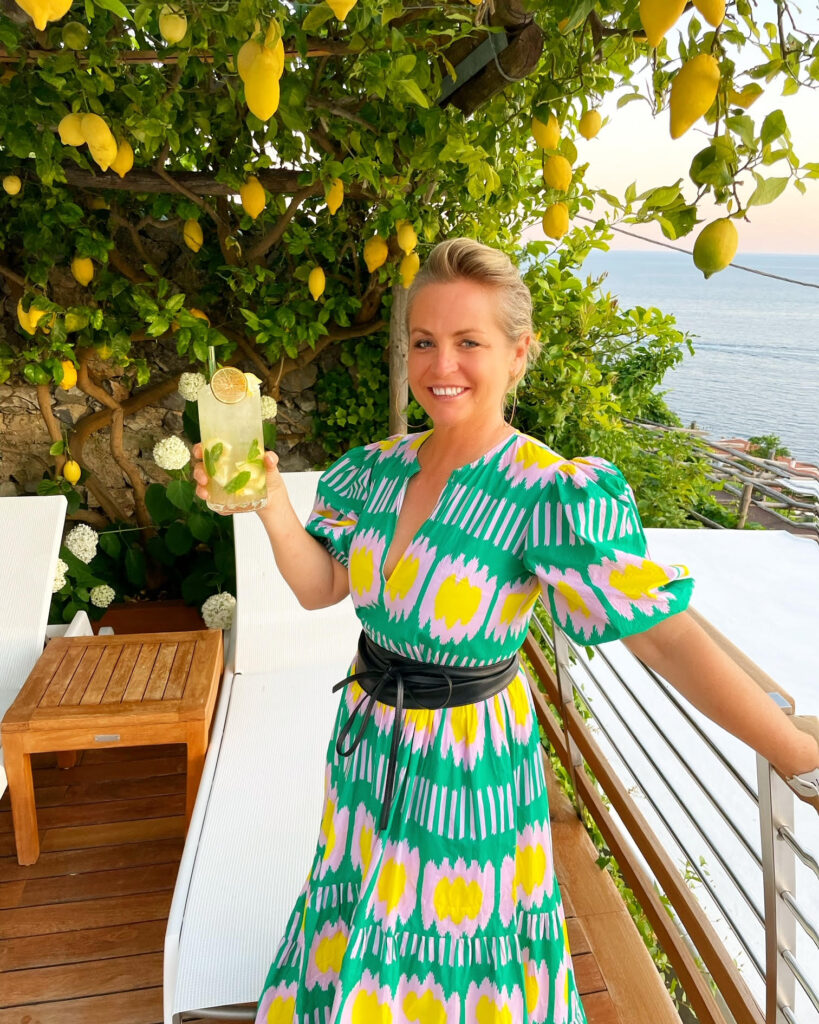
Founder and CEO of Azure Road, Lauren Mowery is a longtime wine, food, and travel writer. Mowery continues to serve on Decanter Magazine’s 12-strong US editorial team. Prior to joining Decanter, she spent five years as the travel editor at Wine Enthusiast. Mowery has earned accolades for her writing and photography, having contributed travel, drinks, food, and sustainability content to publications like Food & Wine, Forbes, Afar, The Independent, Saveur, Hemispheres, U.S. News & World Report, SCUBA Diving, Plate, Chef & Restaurant, Hotels Above Par, AAA, Fodors.com, Lonely Planet, USA Today, Men’s Journal, and Time Out, among others.
Pursuing her Master of Wine certification, she has also been a regular wine and spirits writer for Tasting Panel, Somm Journal, VinePair, Punch, and SevenFifty Daily. Mowery is a graduate of the University of Virginia and Fordham Law School, and she completed two wine harvests in South Africa.
Follow her on Instagram @AzureRoad and TikTok @AzureRoad
North Stars: Carbon Footprint, Production & Consumption, Waste Management


